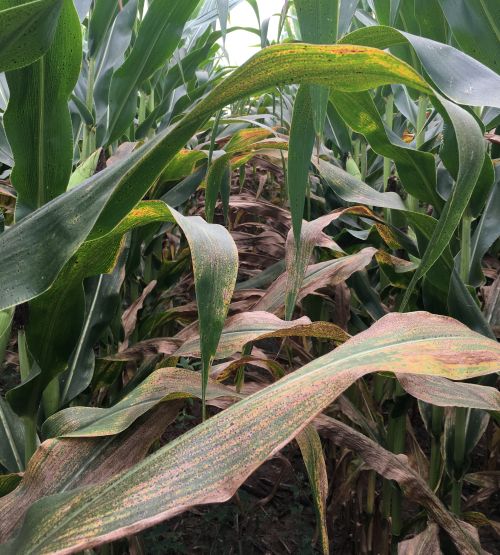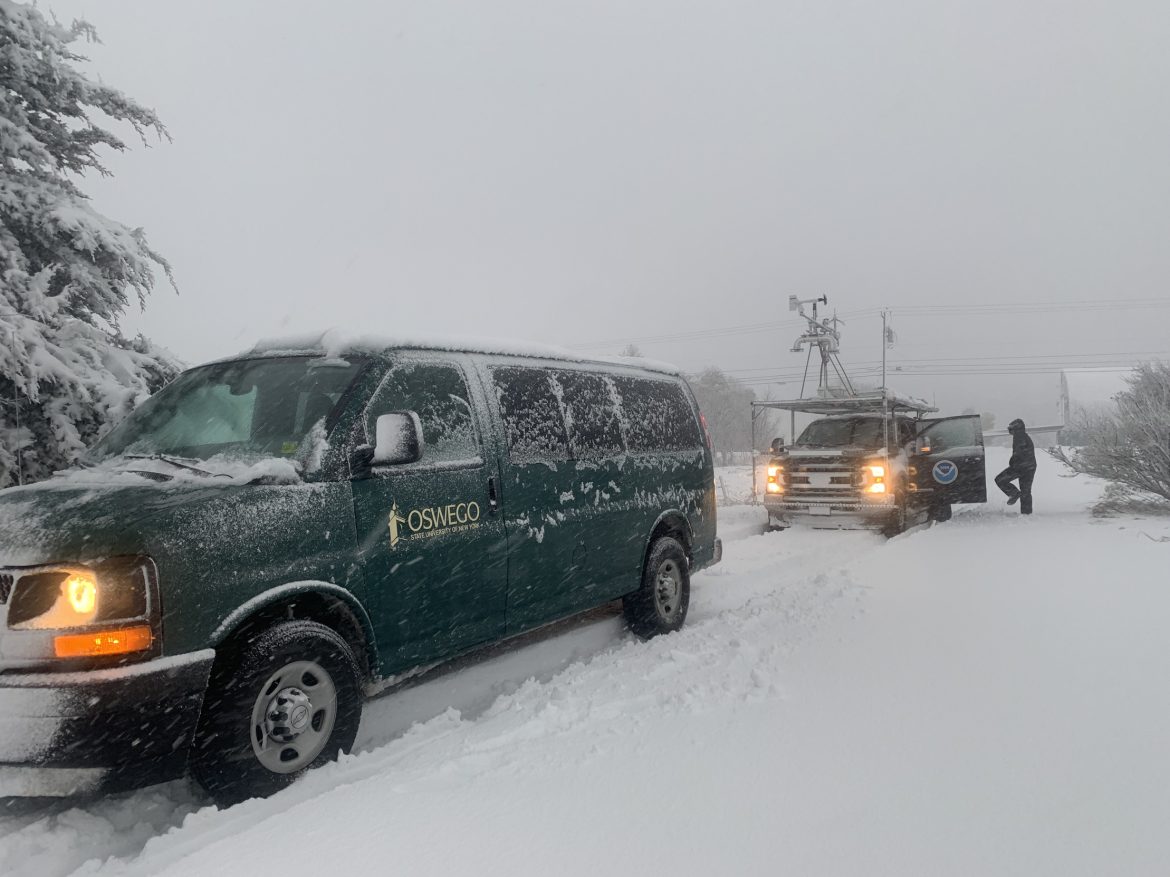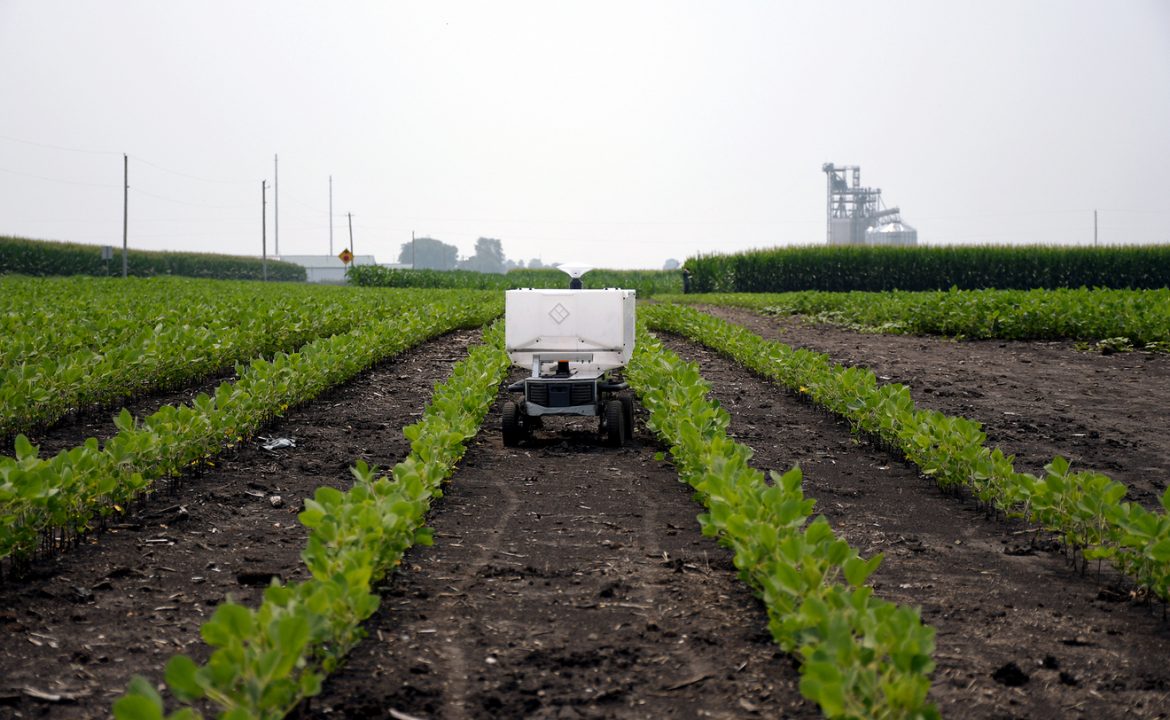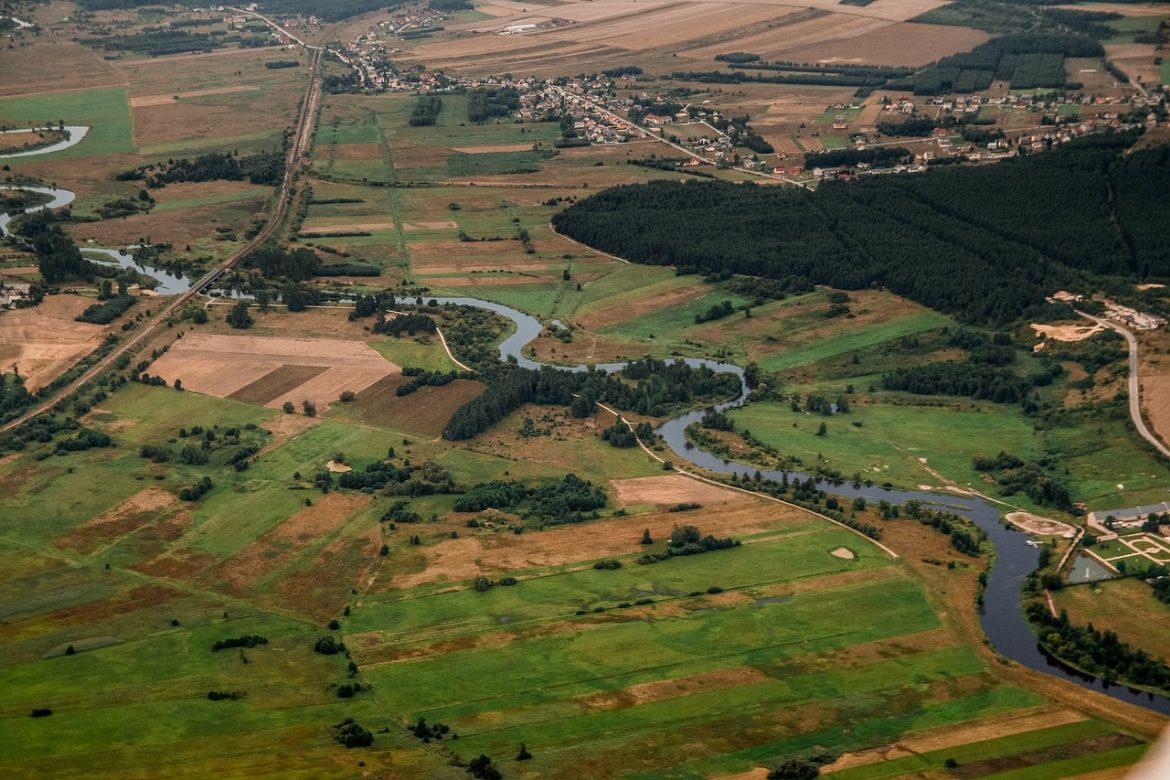Wildlife
Law students, attorneys could advocate for animals in cruelty cases under new proposal
|
By Emilio Perez Ibarguen
Legislation would let law students and lawyers represent the interests of abused animals in criminal prosecutions related to the animal’s welfare or custody. The idea is rooted in a massive 1995 animal abuse case in Ottawa County.





